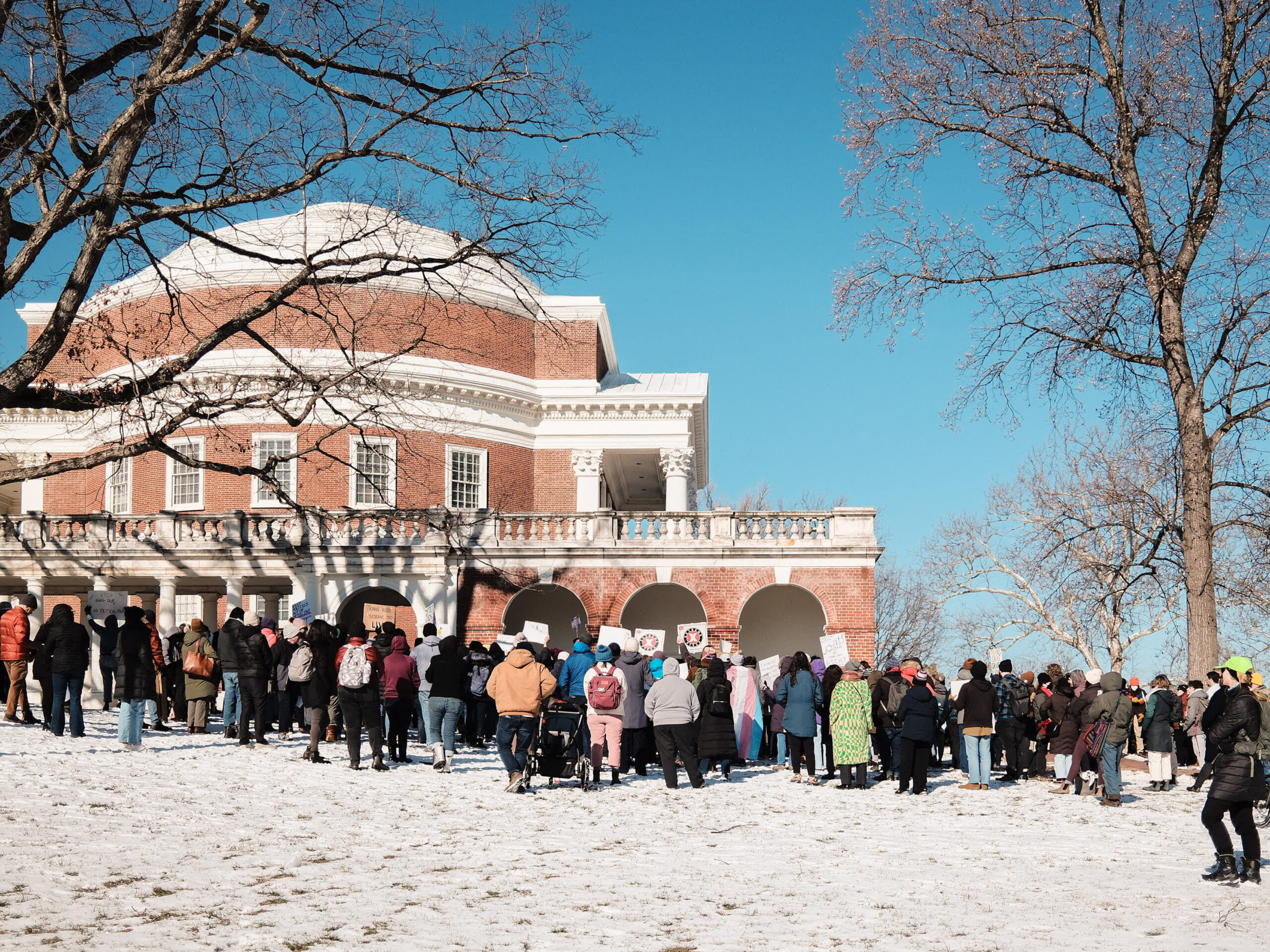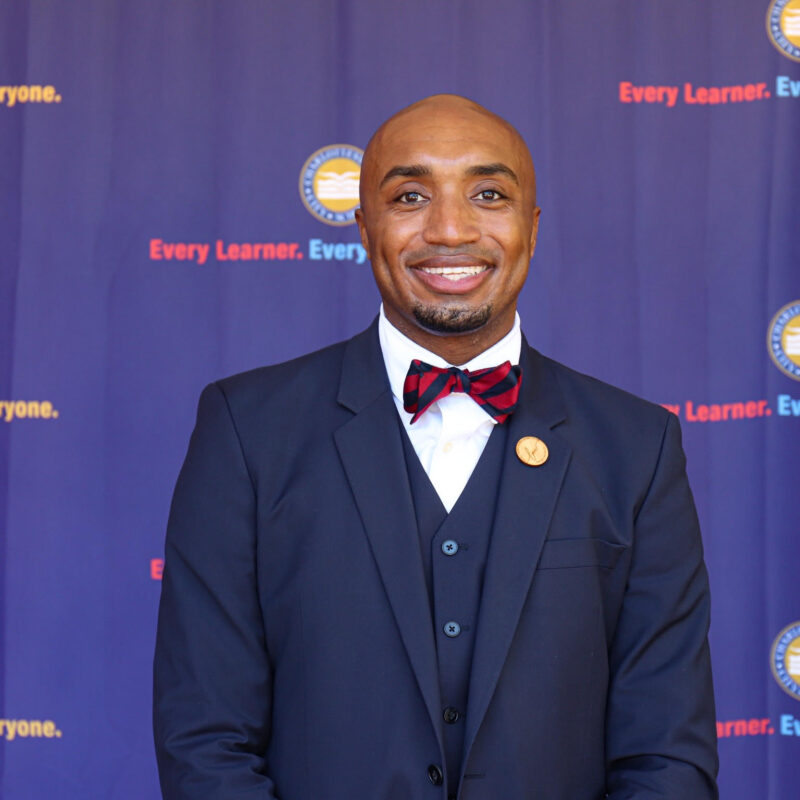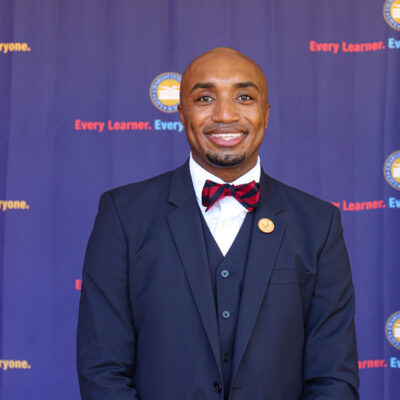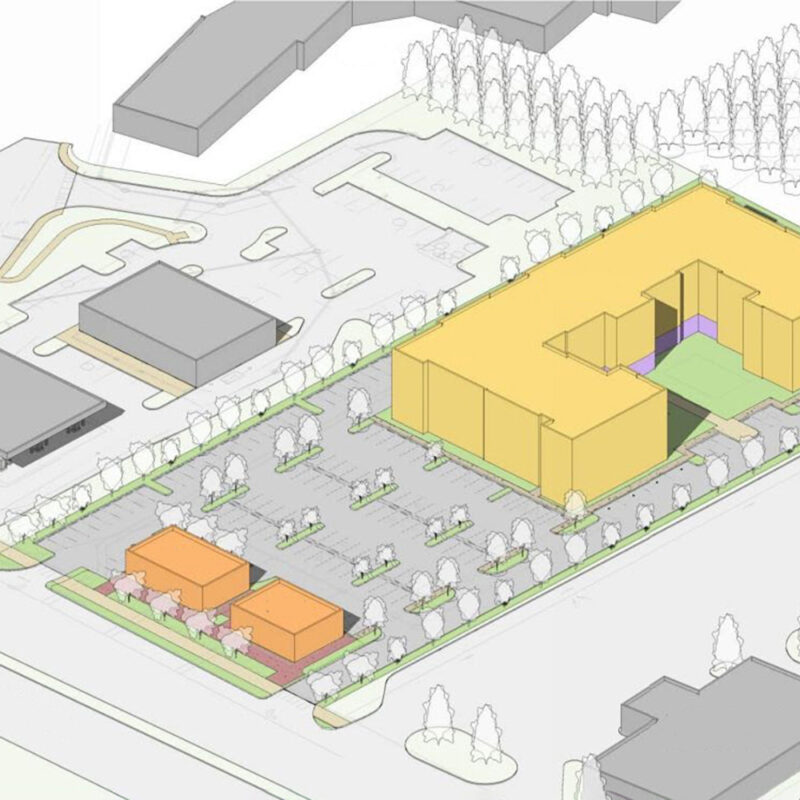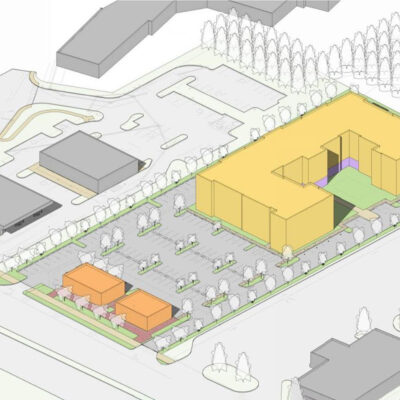The University of Virginia Board of Visitors voted February 21 to continue providing gender-affirming care for youth “in a manner compliant with existing law”—with some caveats.
Trans rights and health care have been at the forefront of national political debate, with the Trump administration and conservative lawmakers stripping protections for LGBTQ+ Americans. For trans community members and allies in Charlottesville, Trump’s executive orders have started to have tangible effects, including UVA’s decision to pause, then reinstate, care for trans youth.
UVA and Virginia Commonwealth University were among the first hospital systems in the country to stop gender-affirming care for minors, following a January 30 memo from Virginia Attorney General Jason Miyares. UVA reversed course after Judge Brendan Hurson issued a temporary restraining order February 13 that blocked enforcement of Trump’s order.
The executive order—“Protecting Children from Chemical and Surgical Mutilation”—was issued in January and prohibits federal coverage and funding for institutions providing patients under 19 years old with access to puberty blockers, hormone replacement therapy, and surgical procedures.
The BOV’s decision to allow current youth patients continued access to gender-affirming care was a better outcome than many activists anticipated, but it’s not a complete victory.
Under the resolution, providers can continue to treat existing patients, but all “new patients seeking gender-affirming care of the nature described in the presidential executive order should be referred to alternative private health-care providers until further notice.”
Though access to gender-affirming care for current patients will continue for now, the back and forth at UVA has unsettled members of Charlottesville’s trans community.
“If I lost my access to [hormone replacement therapy], it would be horrible,” says Senlin Means, co-owner of The Beautiful Idea, a trans-owned bookstore and queer makers’ market on the Downtown Mall. “I’m older, so I’ve lived longer without it, but … now that I’ve got it, and I’ve experienced this joy, it’s like, ‘God, I don’t want to go back.’”
While she was not personally affected by the pause of gender-affirming care at UVA, Means emphasizes that efforts against the trans community will not stop at the younger trans population.
“They’ve been targeting the youth, which, I think, could make it easy to feel overly comfortable as an adult,” says Means. “When they do something about trans people that doesn’t affect you, it’s easy to forget that it’s a wedge issue, that they’re not going to stop there.”
Immediately after the January announcement pausing care for trans youth at UVA, more than 100 demonstrators, including Means, showed up outside the university hospital. A similarly sized group gathered outside the Rotunda during the closed-session portion of the February 21 BOV meeting, chanting and carrying signs.
Several members of the UVA chapter of United Campus Workers were in attendance, showing solidarity with LGBTQ+ groups that have supported its own organizing efforts.
“This administration has demonstrated animus in its executive orders against gay people and against immigrants and refugees and Black people,” says Daniel Carmelo, a union member and graduate student worker. “All of these members of our community deserve health care and deserve to feel safe in their homes.”
Less than 1 percent of the U.S. population identifies as transgender, something that makes political enmity toward trans people more potent and palatable, according to Carmelo and other activists.
“Youth trans health care is an easy target because most people don’t know trans youth—most people don’t know any trans person,” he says. “We can’t have any sacrificial minorities.”
Dozens of area health-care workers also came to show their support, emphasizing that decisions about health care should remain between patients and providers.
“We are taught to take care of all people,” says James Pengram, a family nurse practitioner in his final semester at the UVA School of Nursing. “What I’m being taught currently is that gender-affirming care is health care, and so it’s a shame to see politics come into the picture and interrupt that provider-patient relationship, because we are the only ones that have the education and the training to make the clinical judgment and determine the risk and benefits of specific treatments for specific patients.”
Pengram reports that there has been a significant increase in trans-care patients presenting with “varying amounts of distress and uncertainty regarding the future,” prompting further need for “mental, emotional, and psychological care.”
Among both the public and decision-makers, Pengram thinks there is a fundamental misunderstanding about what the process of providing and receiving gender-affirming care actually looks like.
“When we find people with gender dysphoria or body dysmorphia, there’s a lot of communication that happens with these patients, and understanding and making sure that we are leading them down the pathway that’s going to be more beneficial for them,” he says. “What we do know is that gender-affirming care saves lives, and that this is a group of patients that have higher rates of depression, higher rates of eating disorders, higher rates of suicide, and so understanding these benefits of care, it’s not a light decision. It is something that is well thought [out], and there’s so many variables that go into that decision-making.”
While there was not an opportunity for public comment, providers and organizers alike waited for hours to attend the BOV meeting once it re-opened to the public.
Board members were already in the process of voting as local media and the crowd were allowed back in the room. Brief remarks about the board’s discussion were given, indicating there was a heated and divided conversation at some point during the closed portion of the session.
The BOV concluded its meeting approximately five minutes after returning to open session, with most of the time spent voting. Many members of the public were not even in the room yet as board members exited without speaking to the media.
For local organizer and co-owner of The Beautiful Idea Ellie Picard, the BOV’s decision doesn’t alter any of her efforts in launching the Rivanna Area Queer Center, slated to open in early March.
“The space is the mission in a lot of ways, and that’s our priority … making sure that there is a safe and accessible open space for all the queer folks in town to use,” says Picard. “There’s a lot more power in unity and cooperation and connection and with all of the threats and the challenges that we are facing as queer people, we need as much queer people power as we can muster.”
Protesters gathered outside the Rotunda on February 21, while the UVA Board of Visitors debated whether the university hospital should continue to provide gender-affirming care for youth. Photo by Eze Amos.
